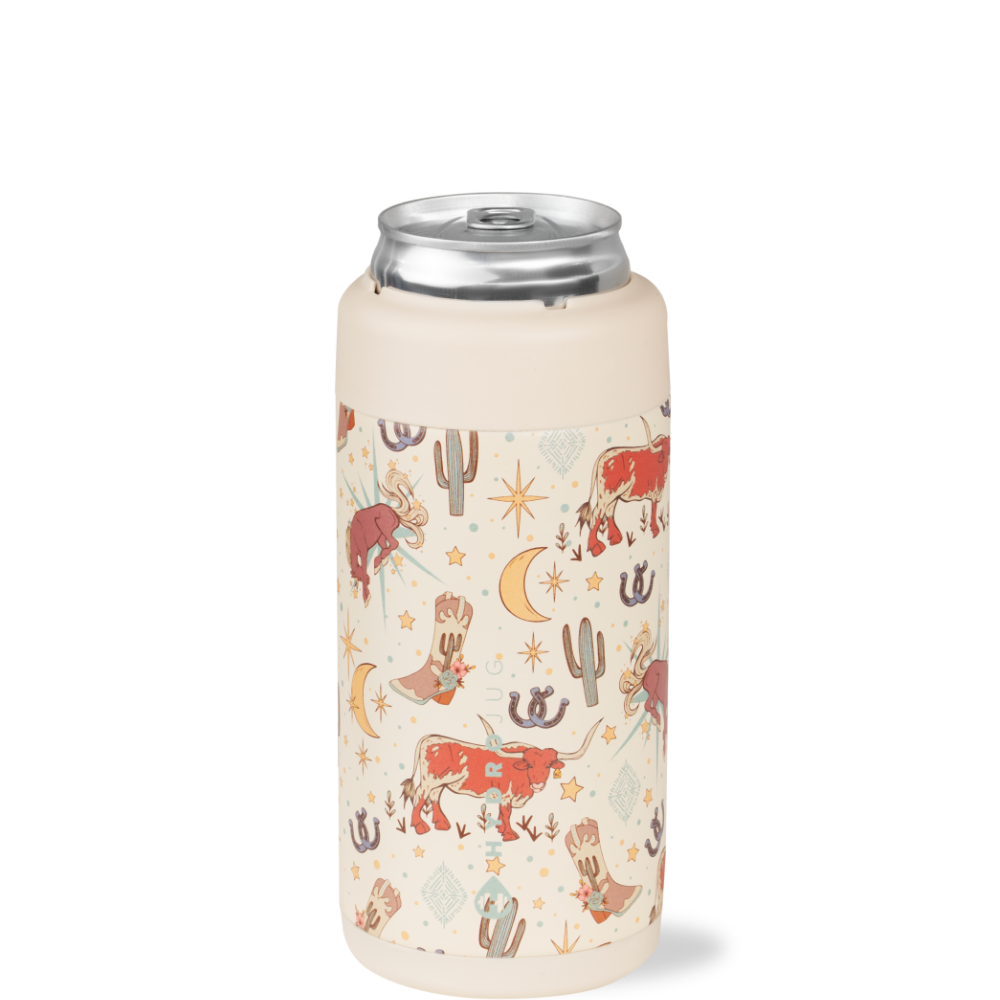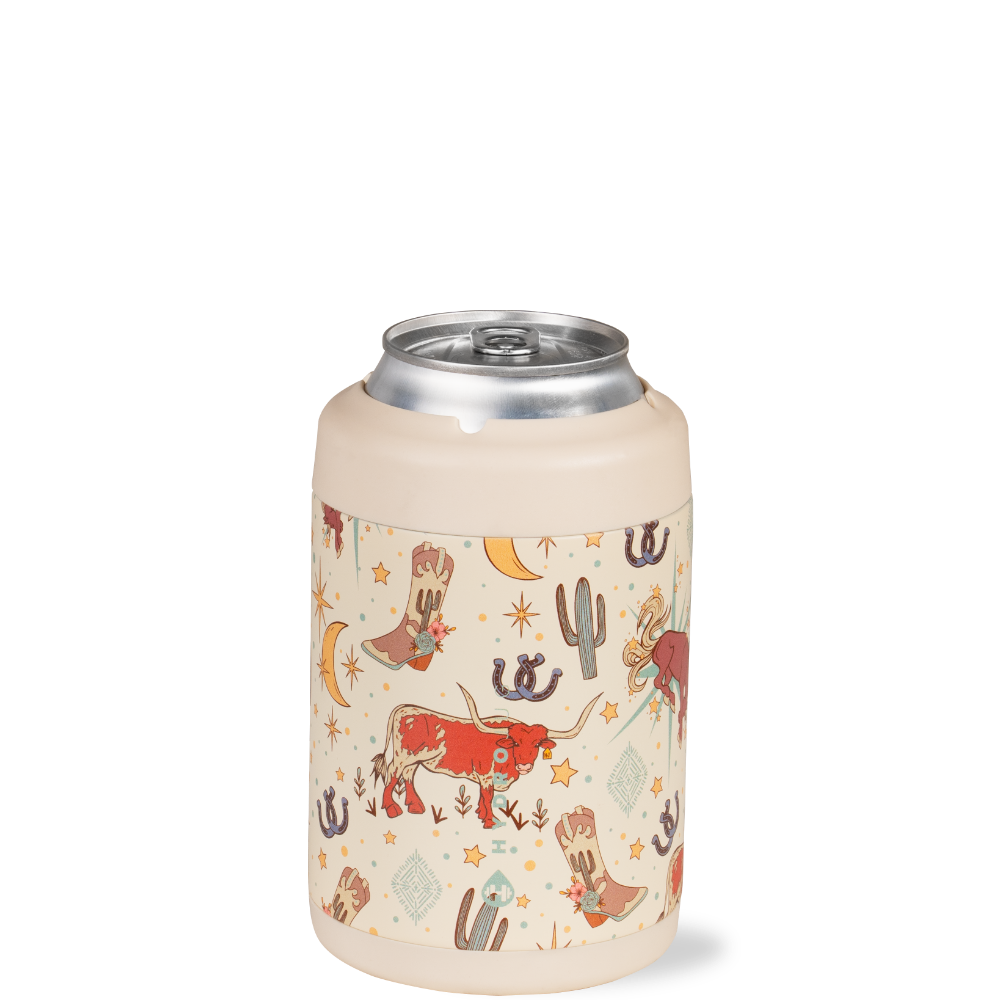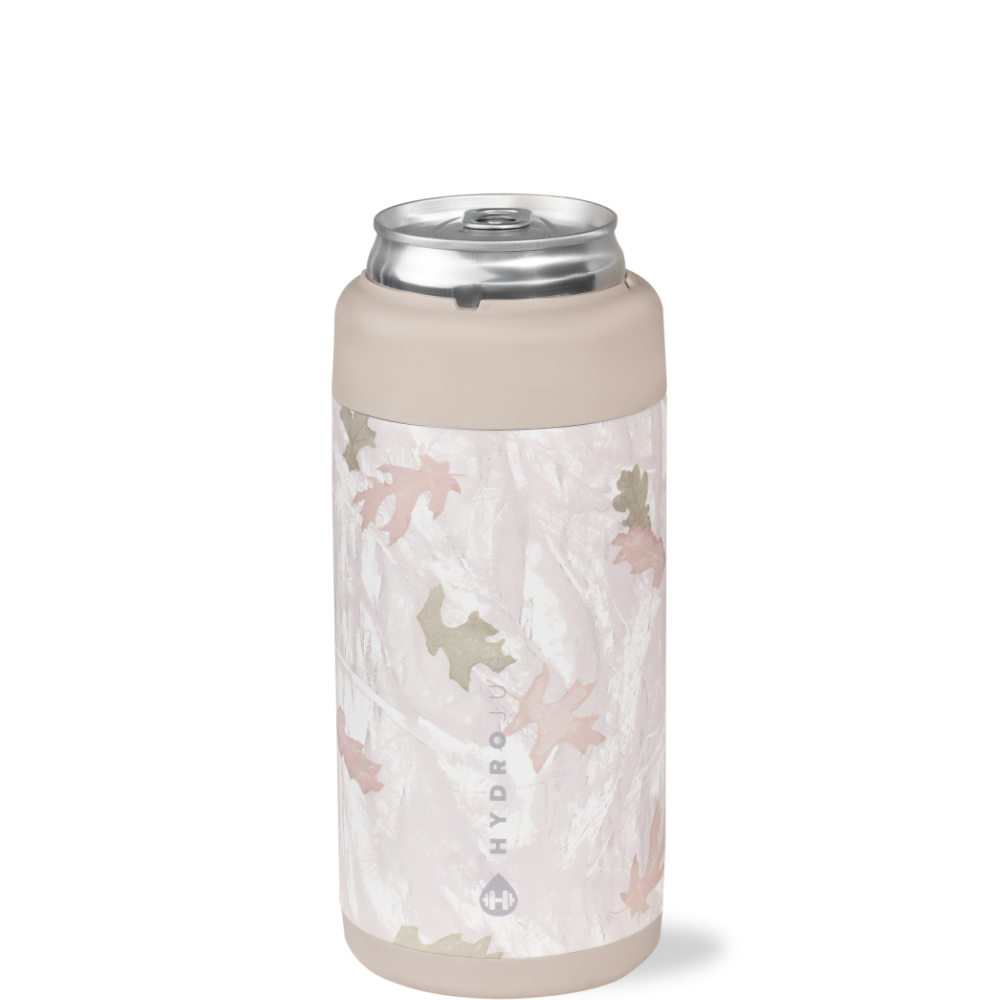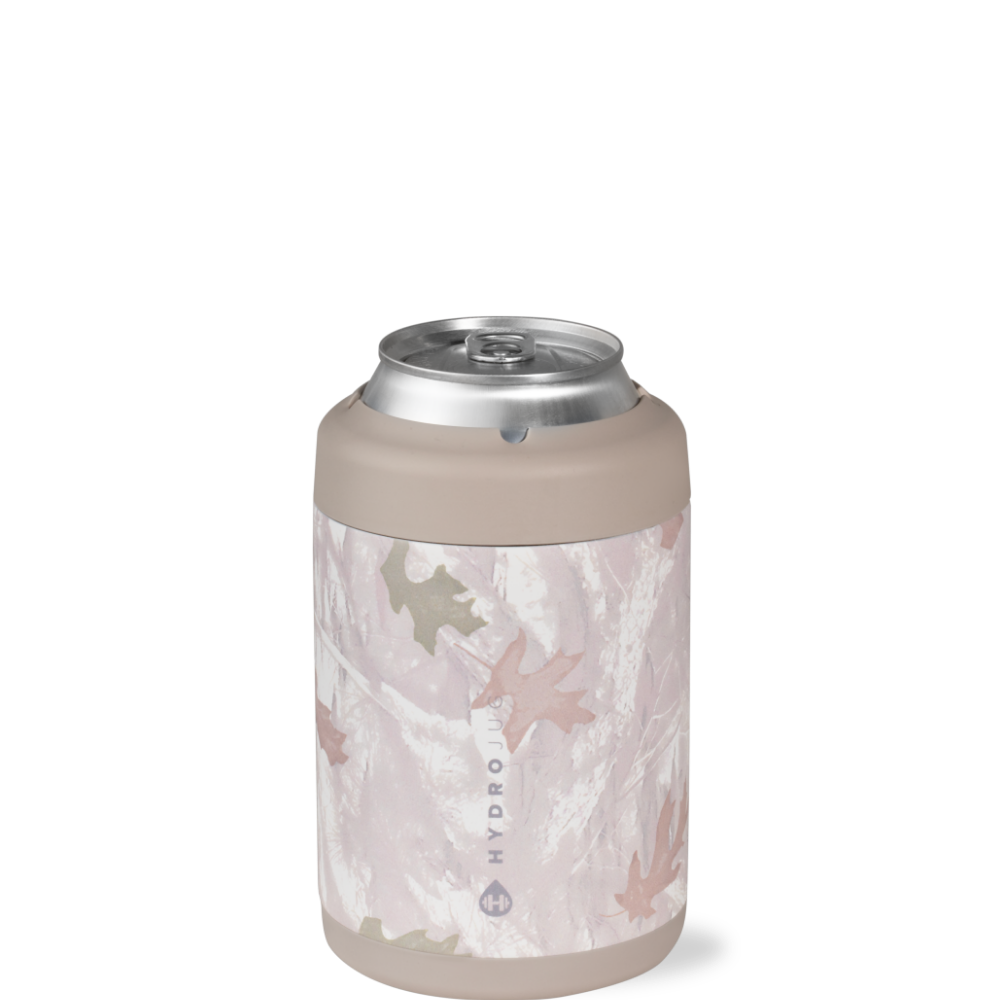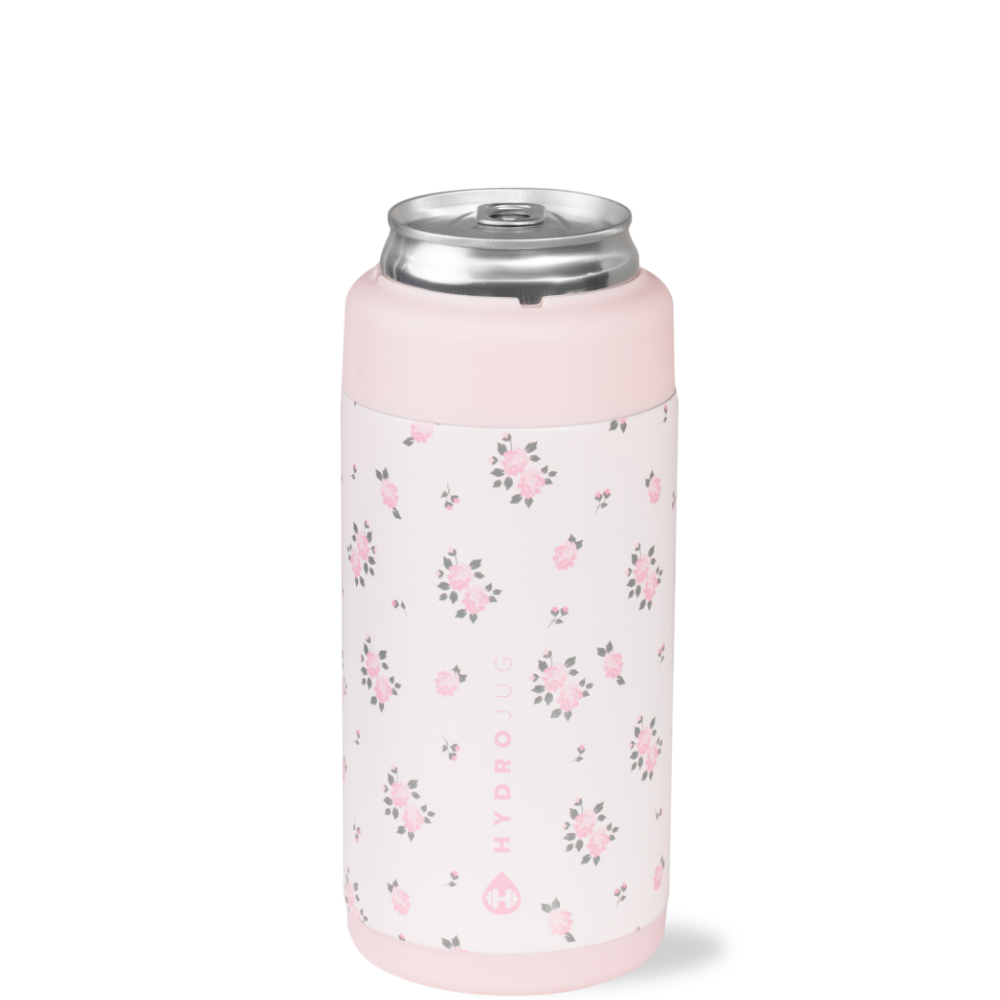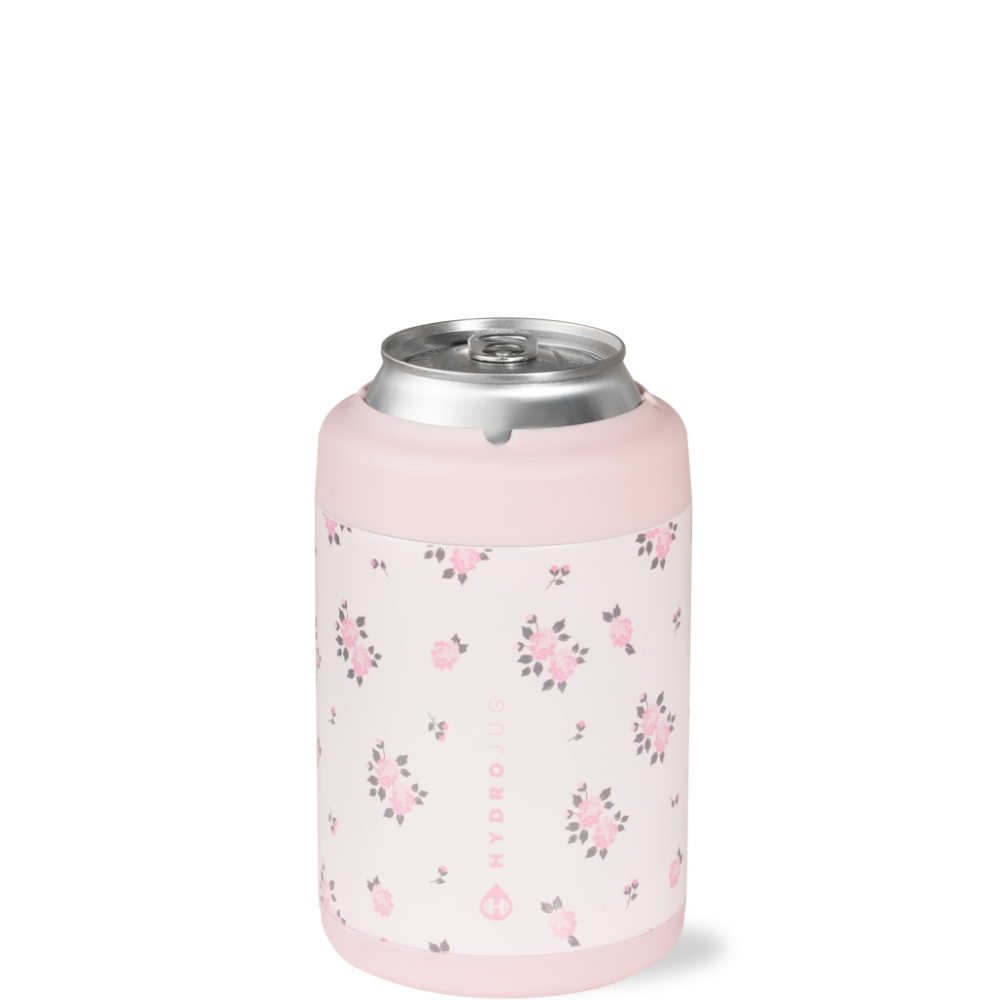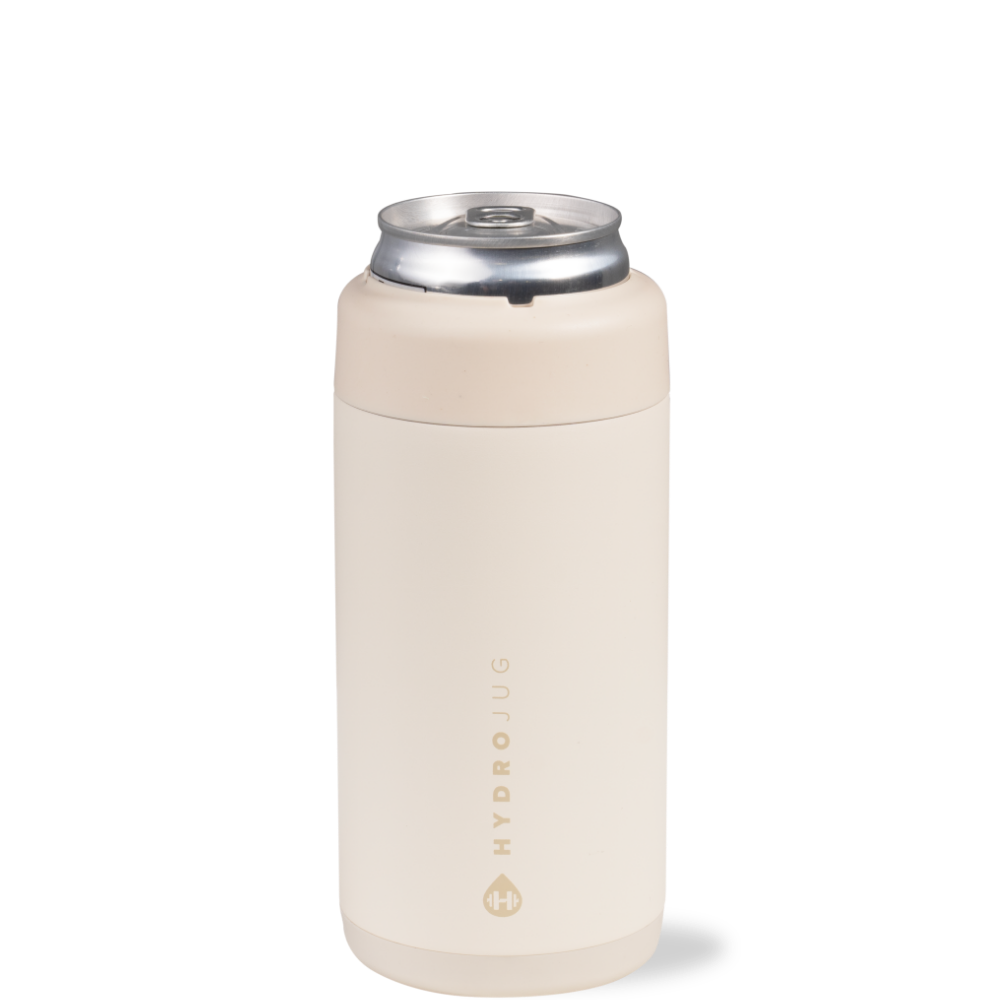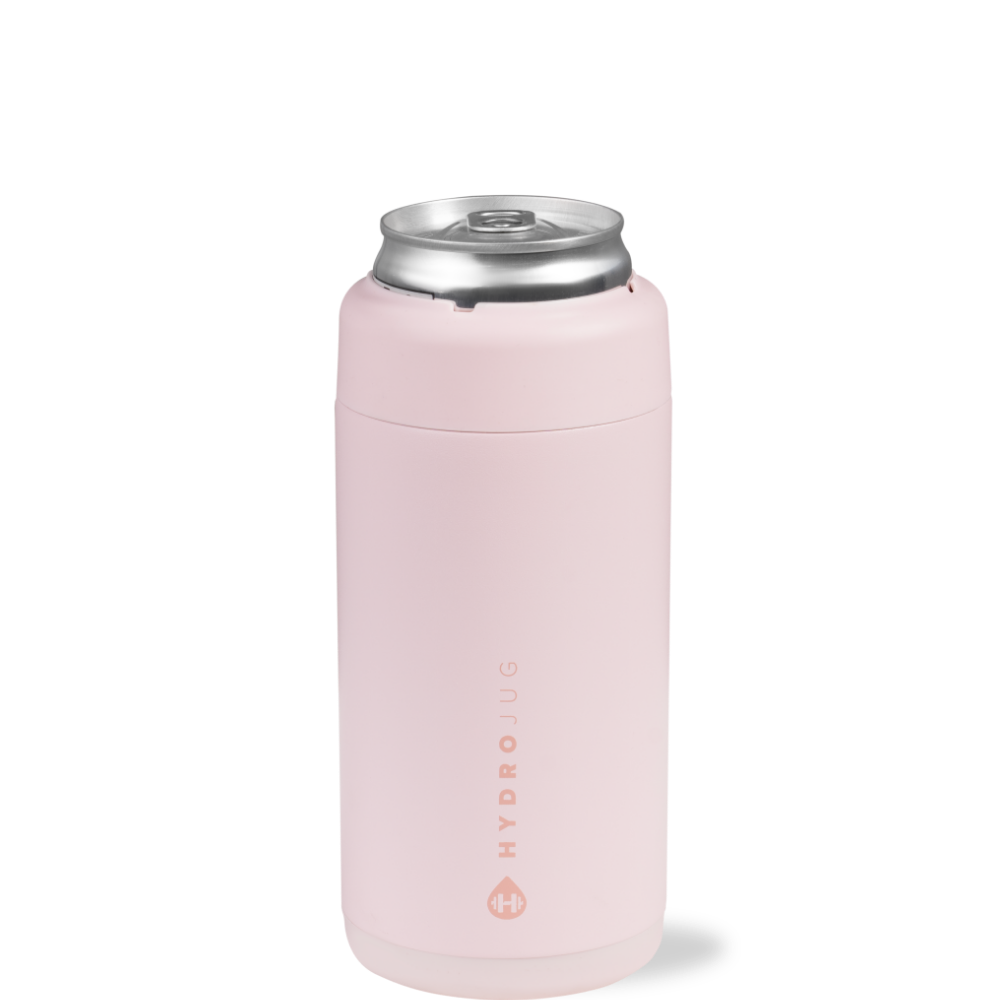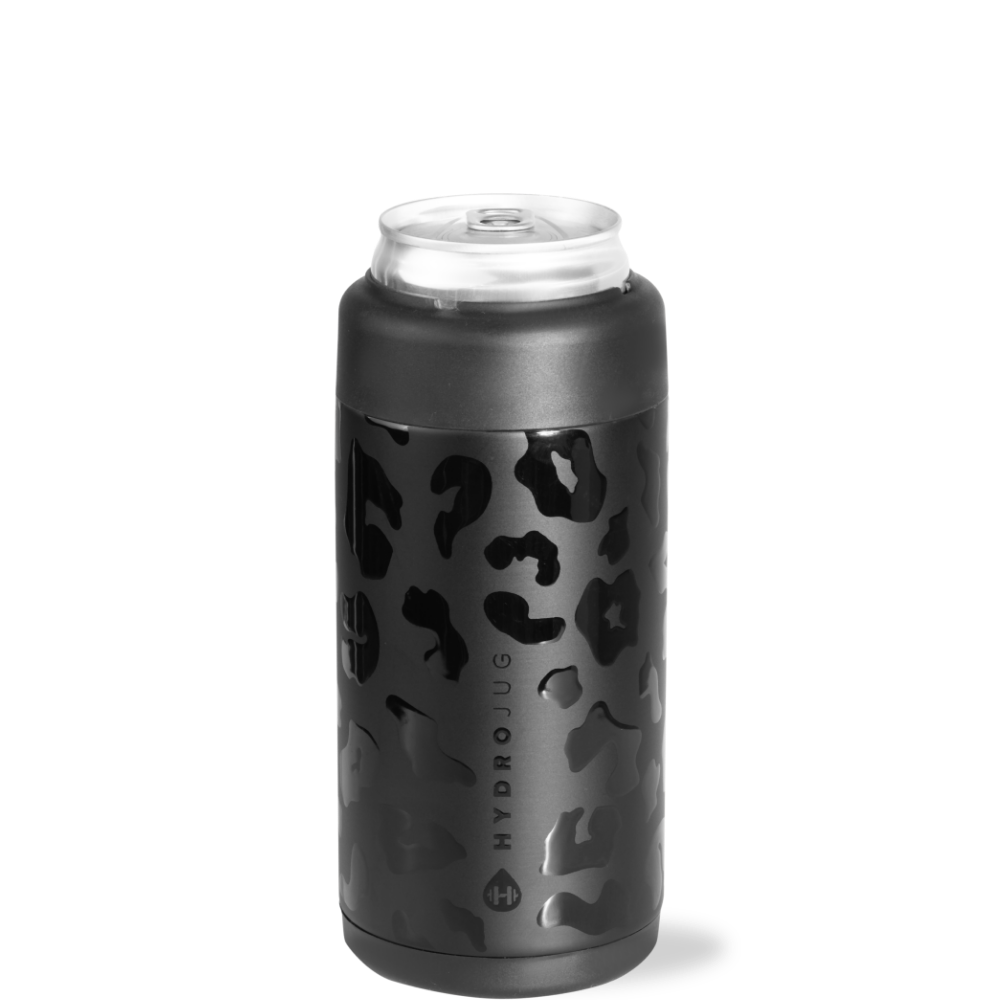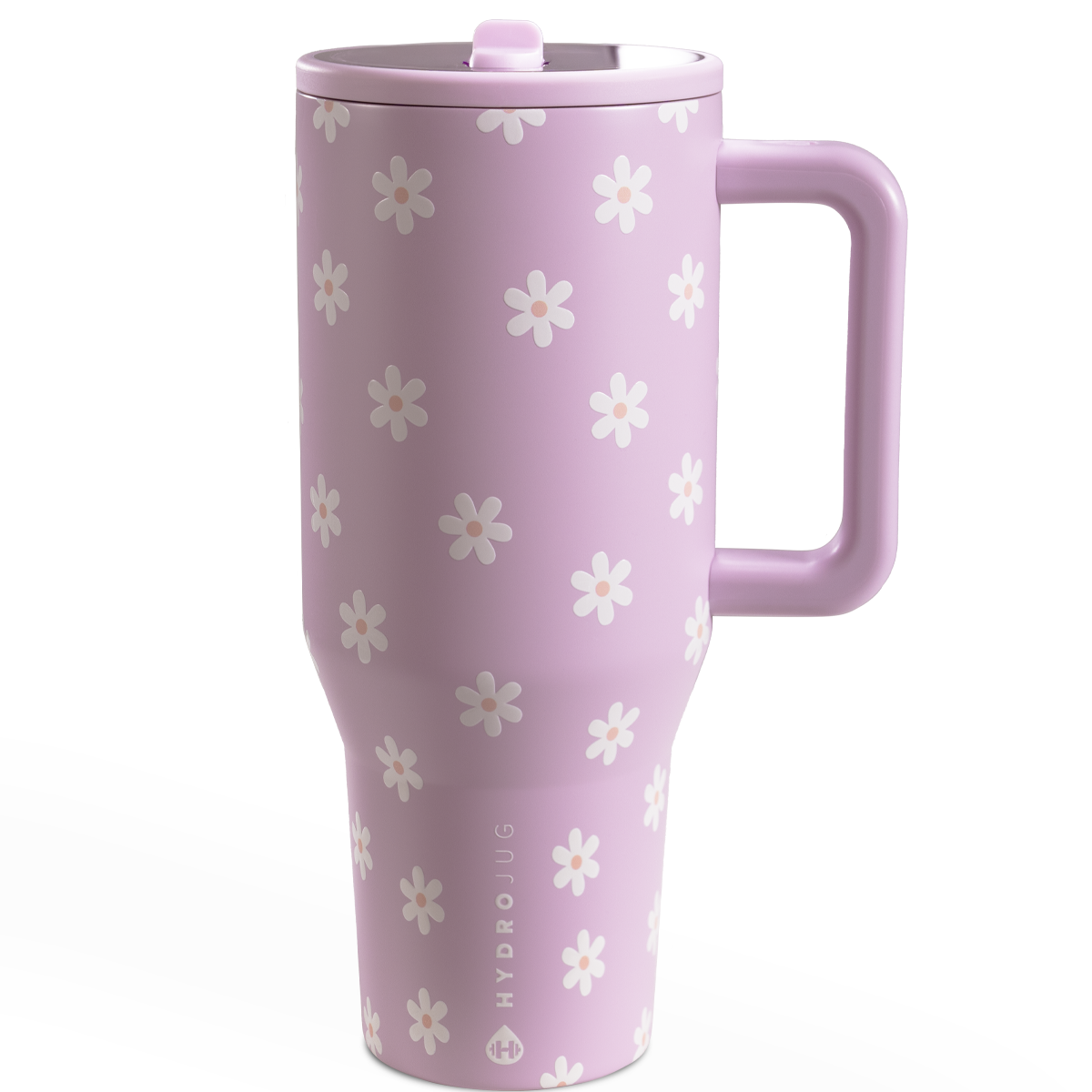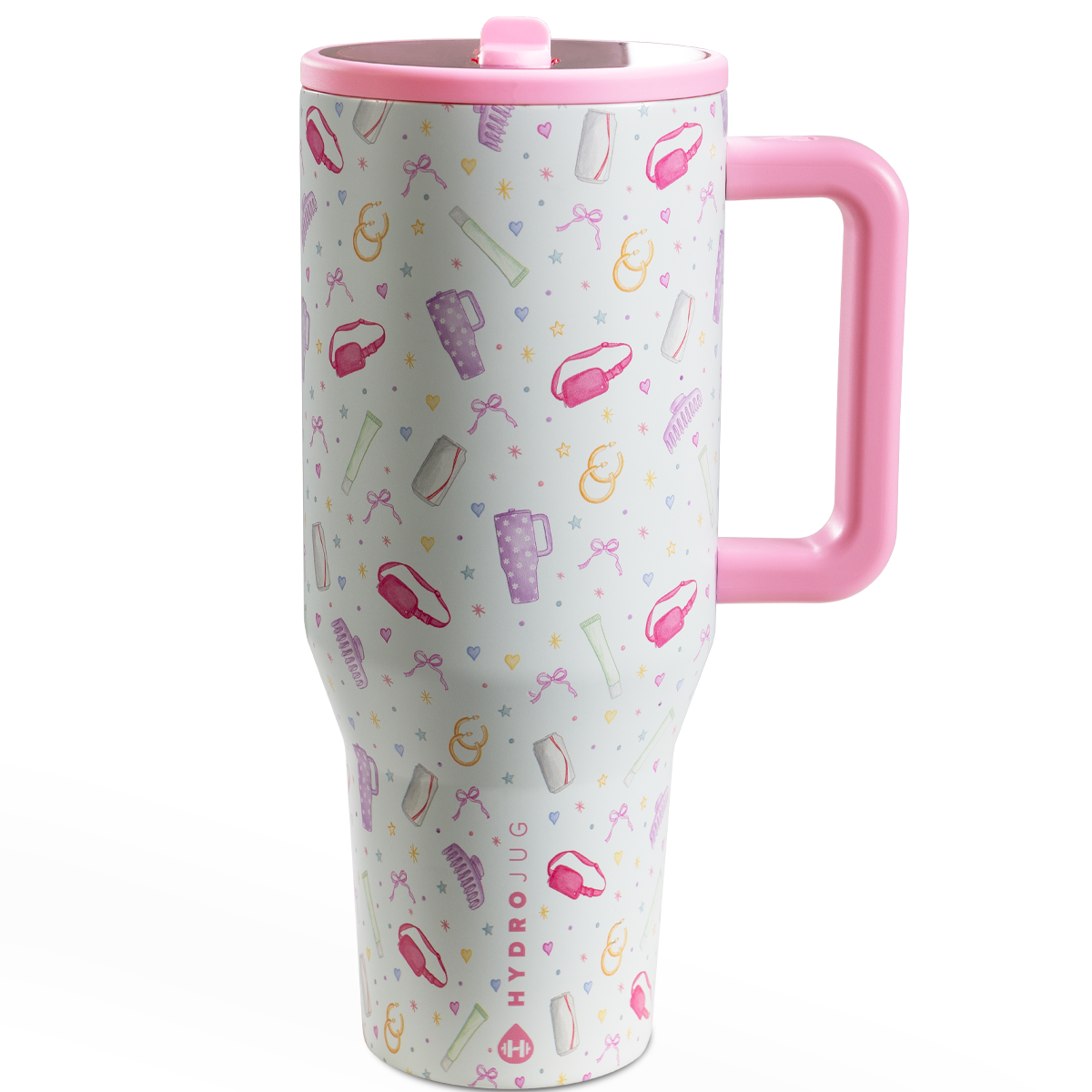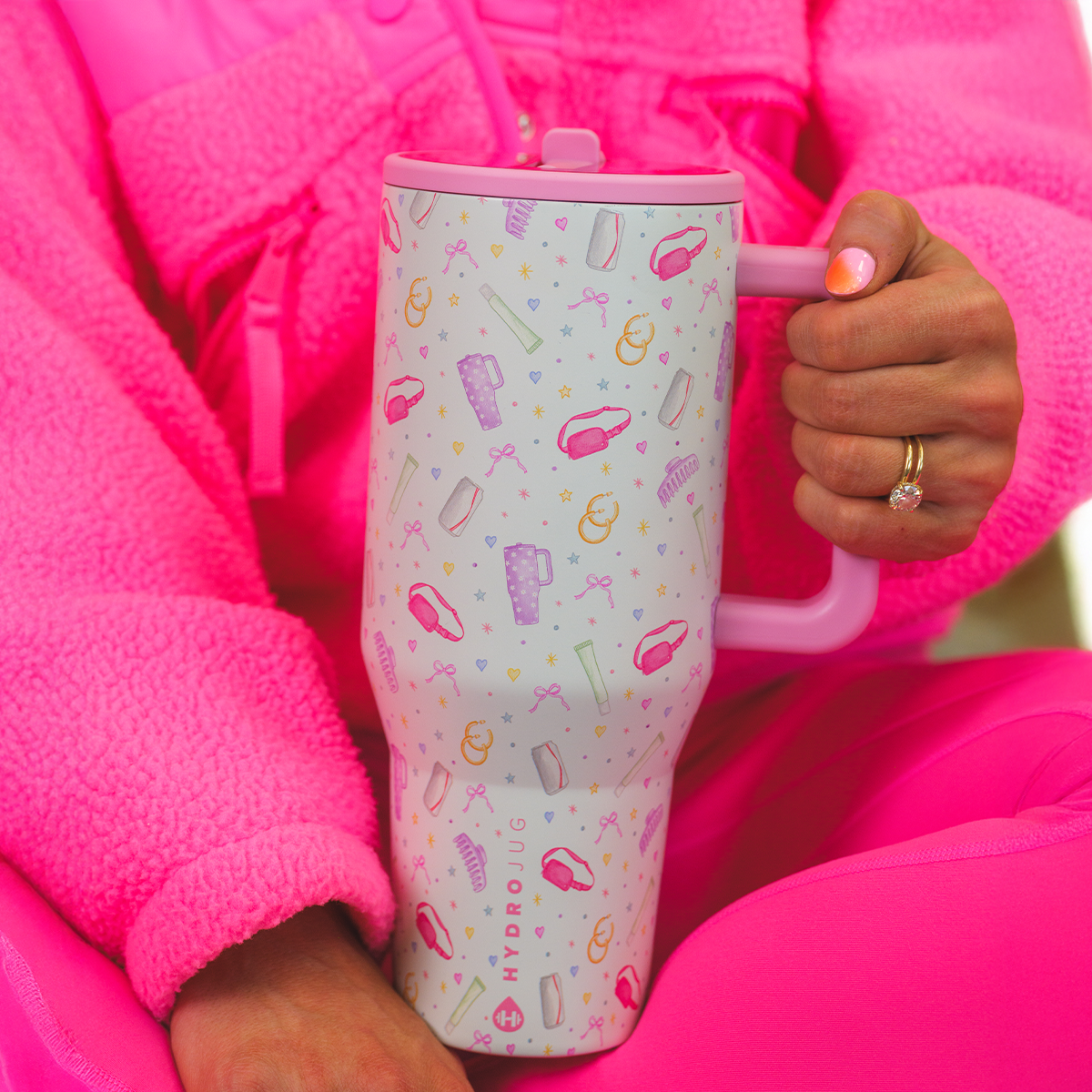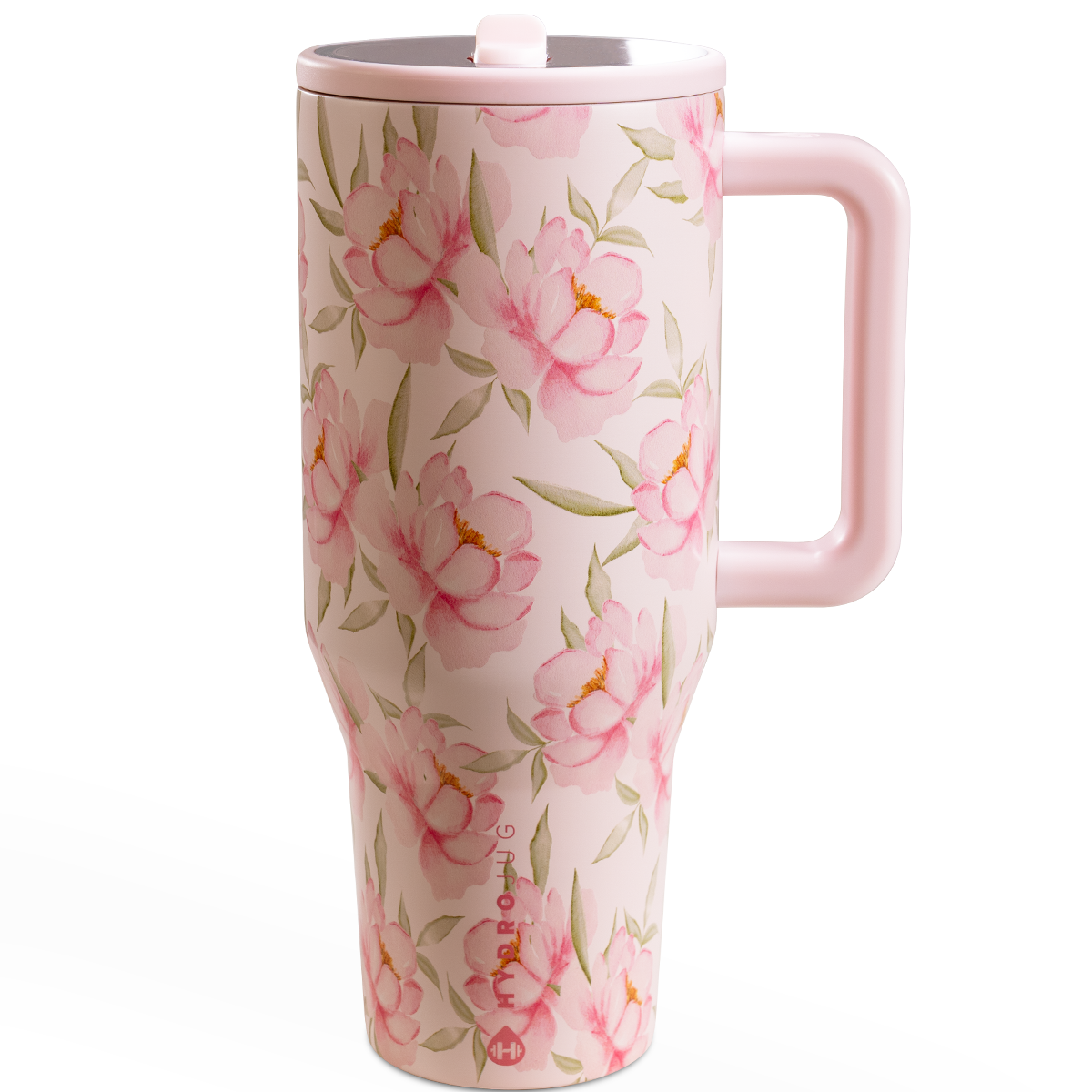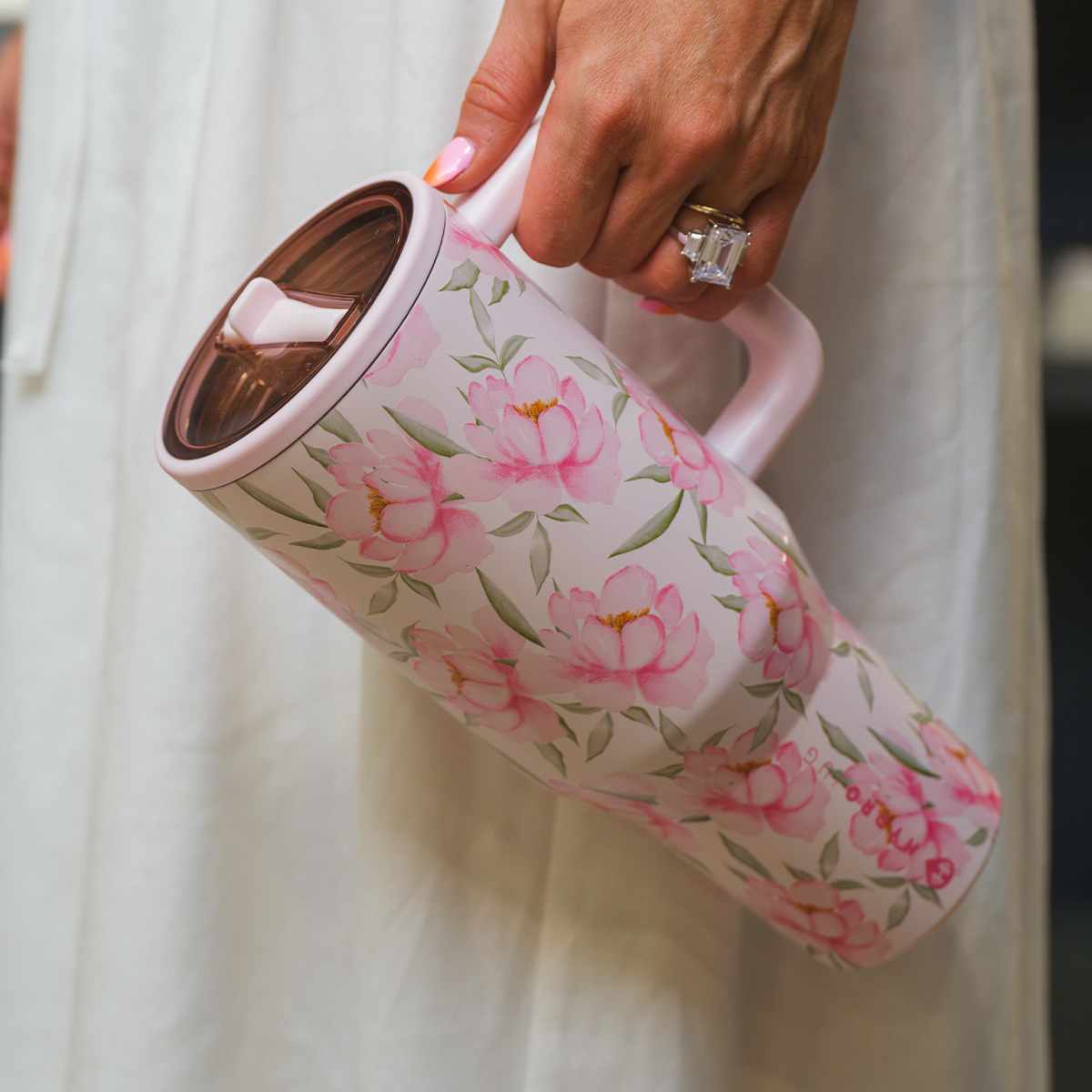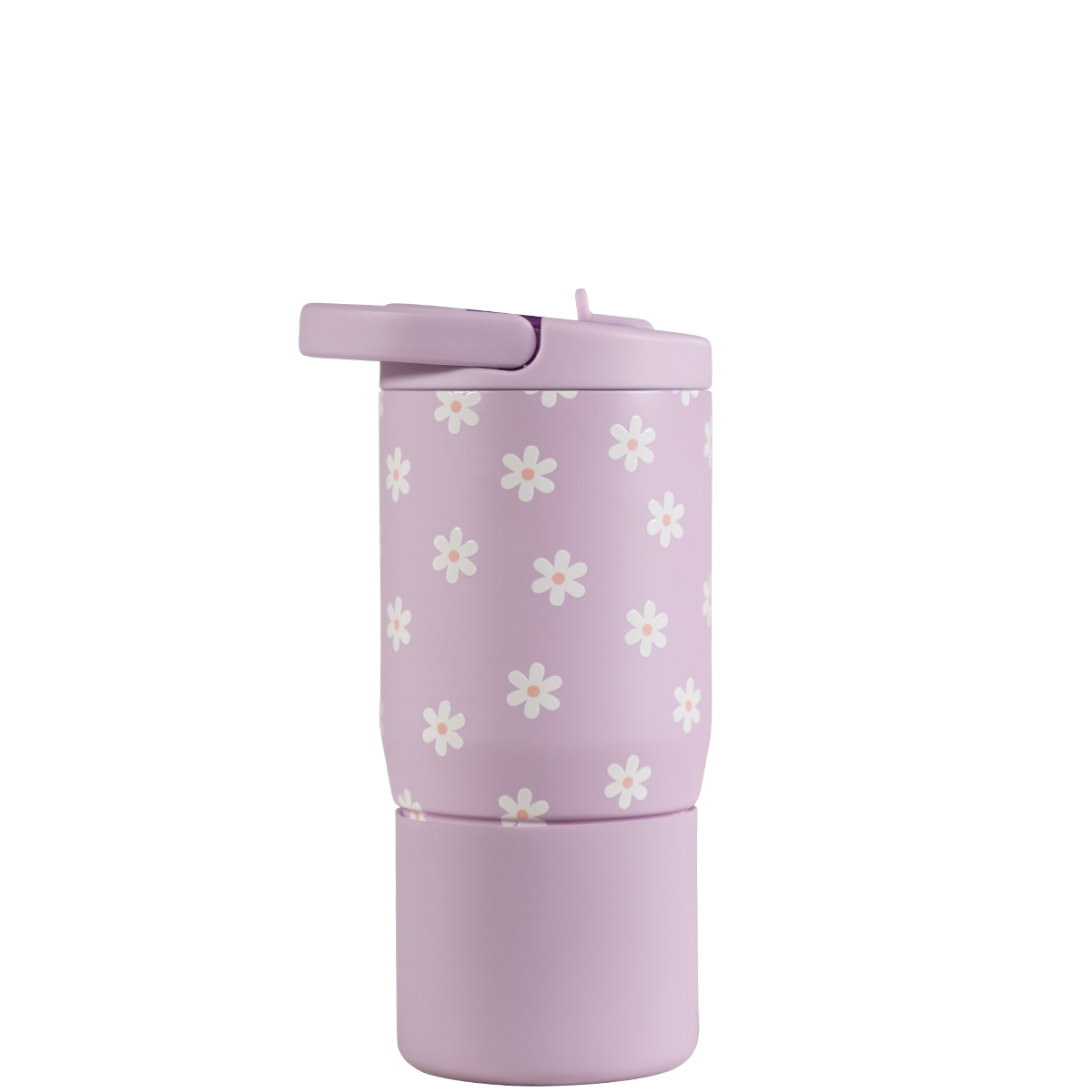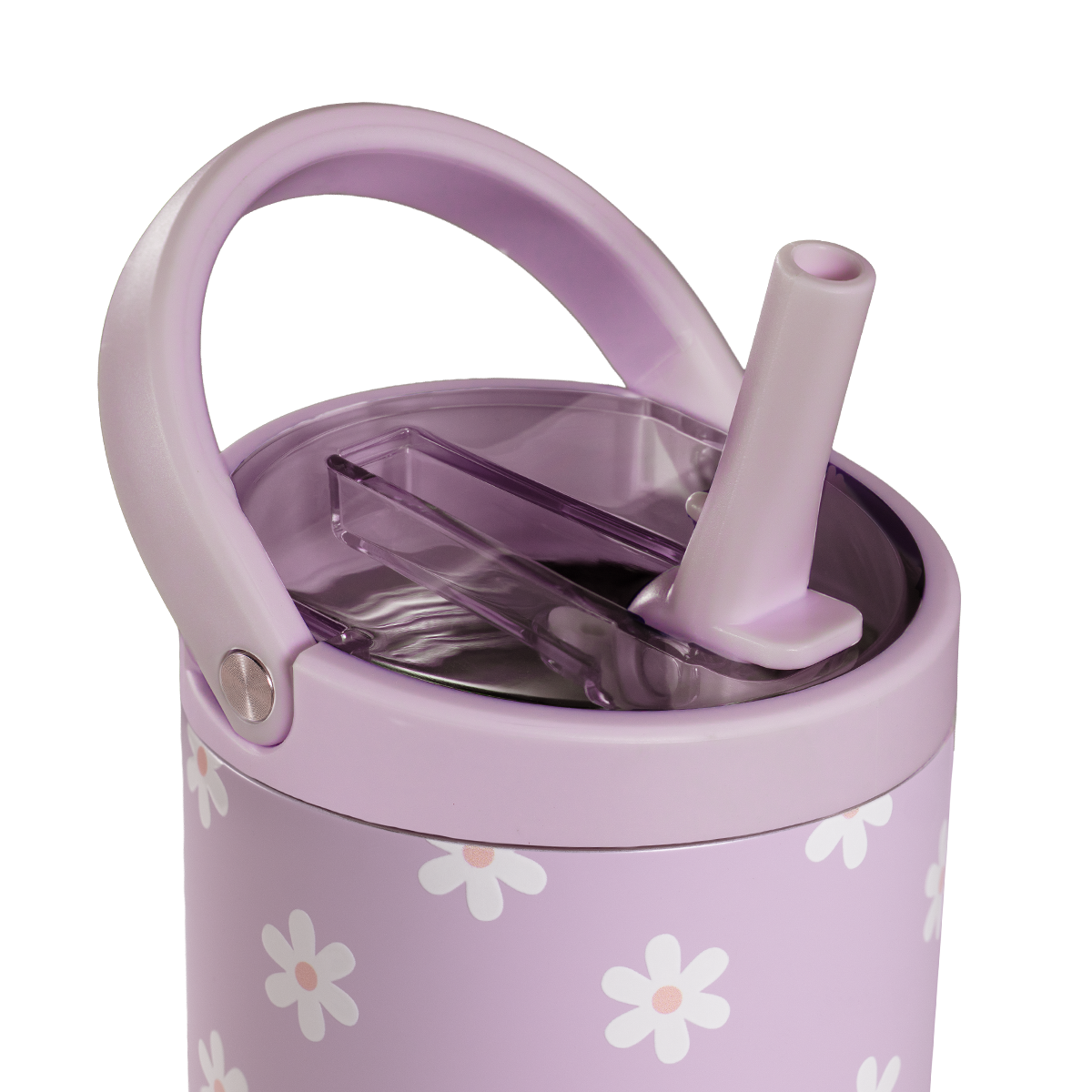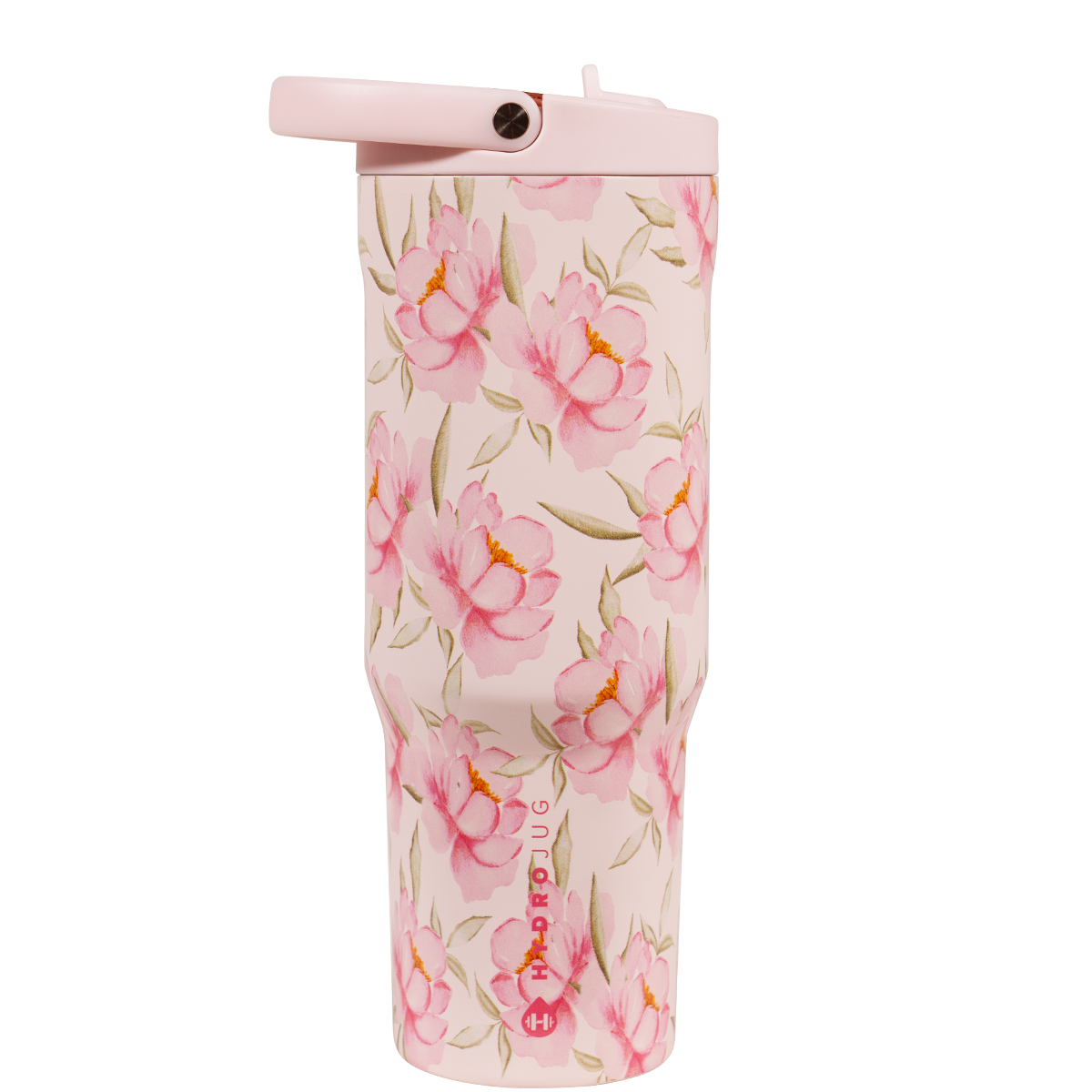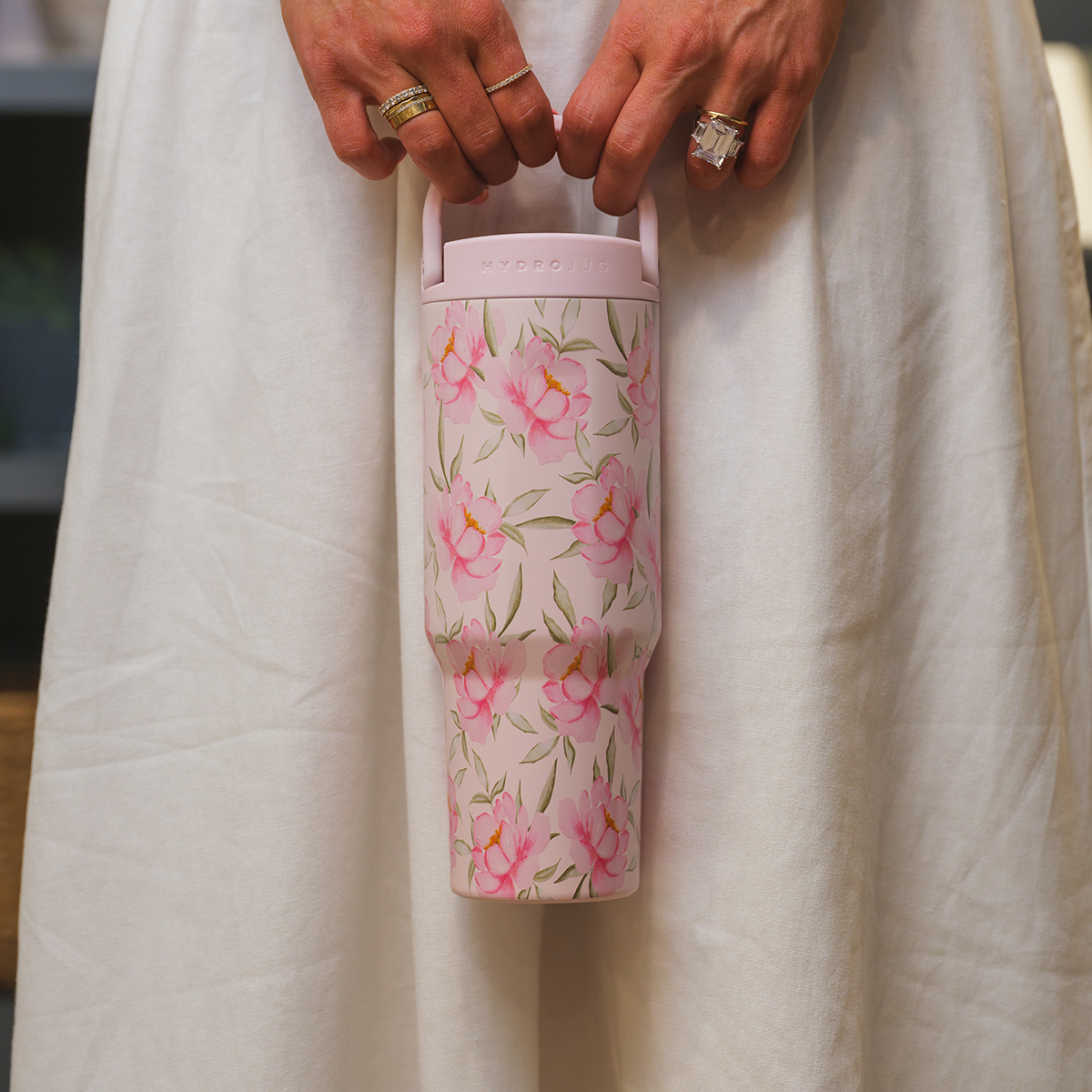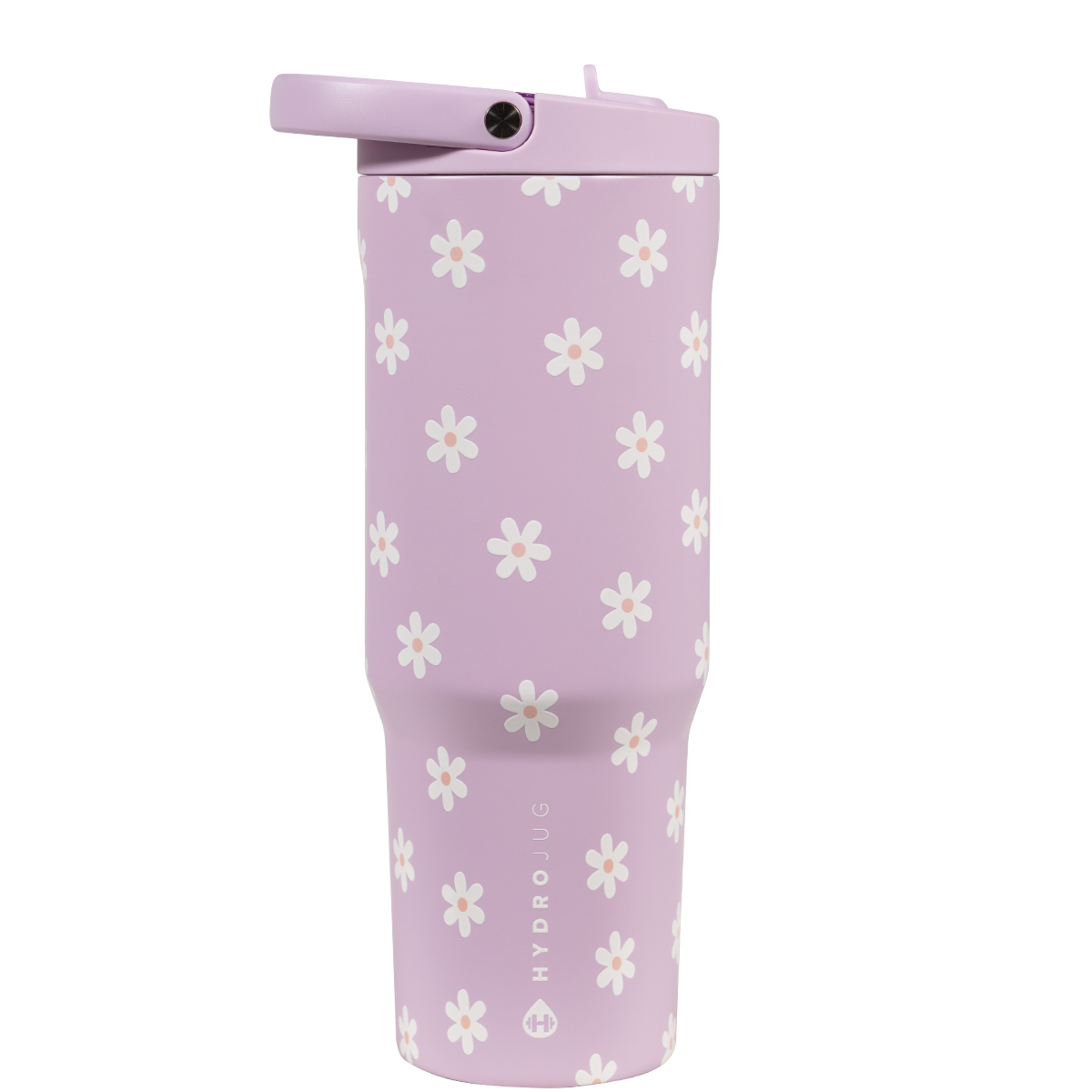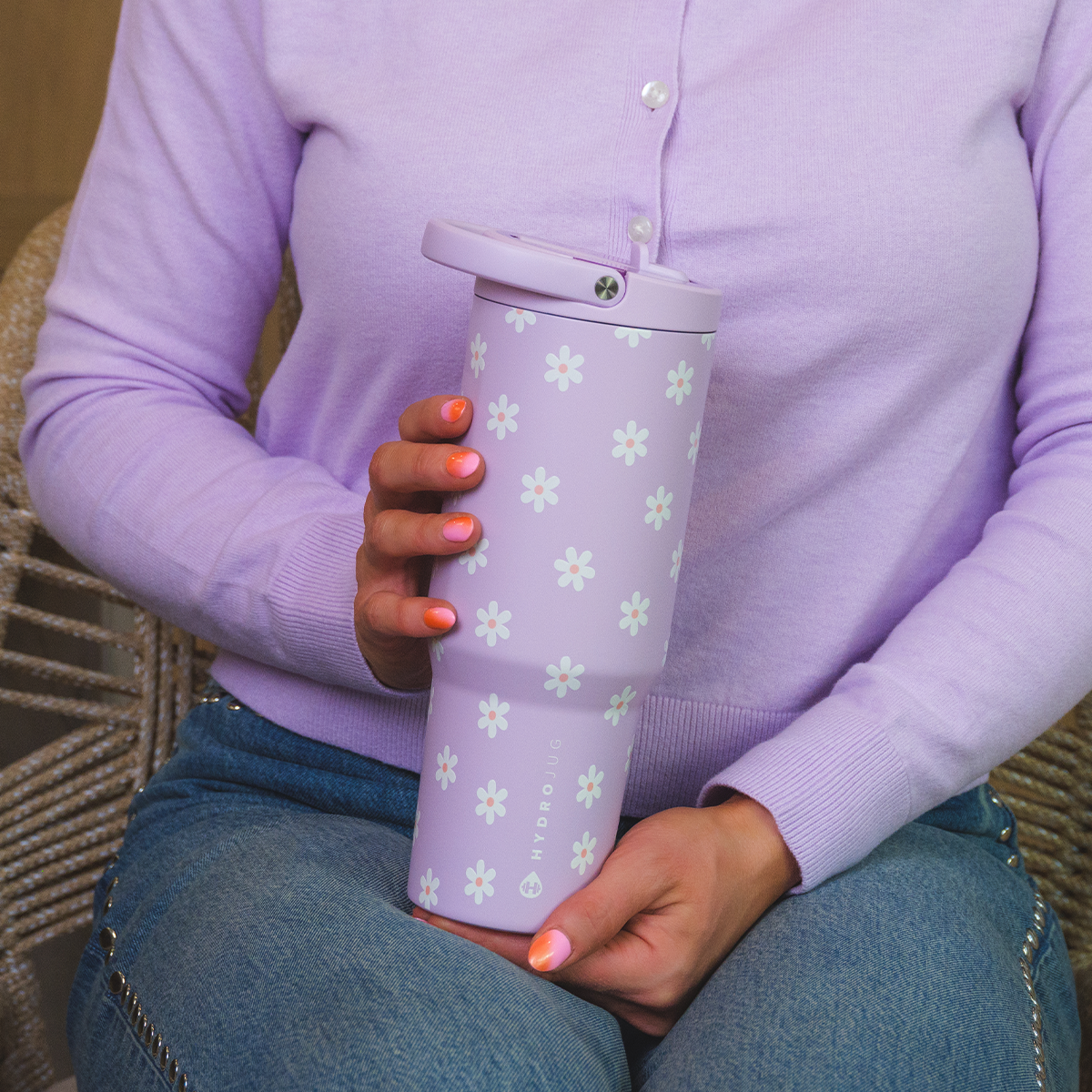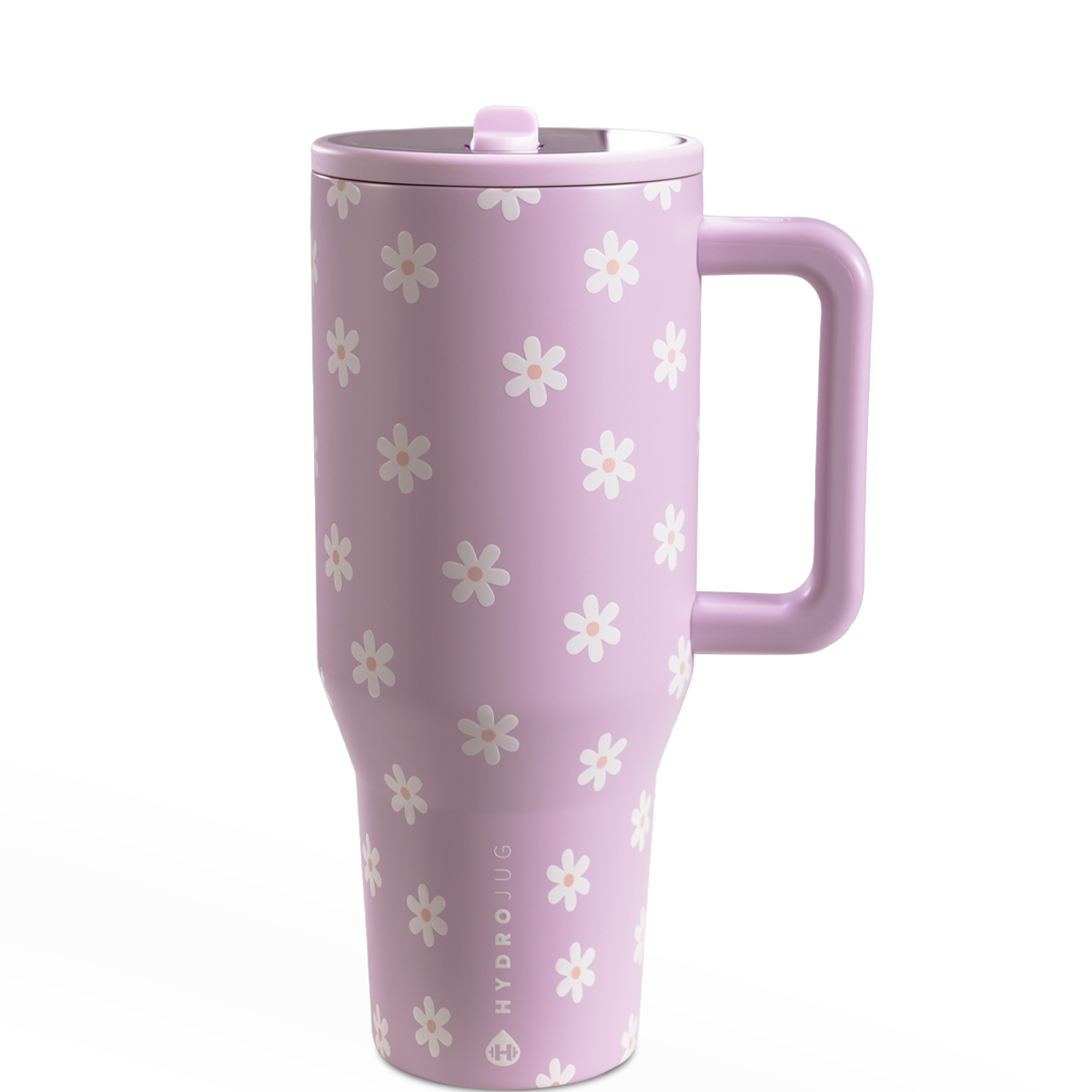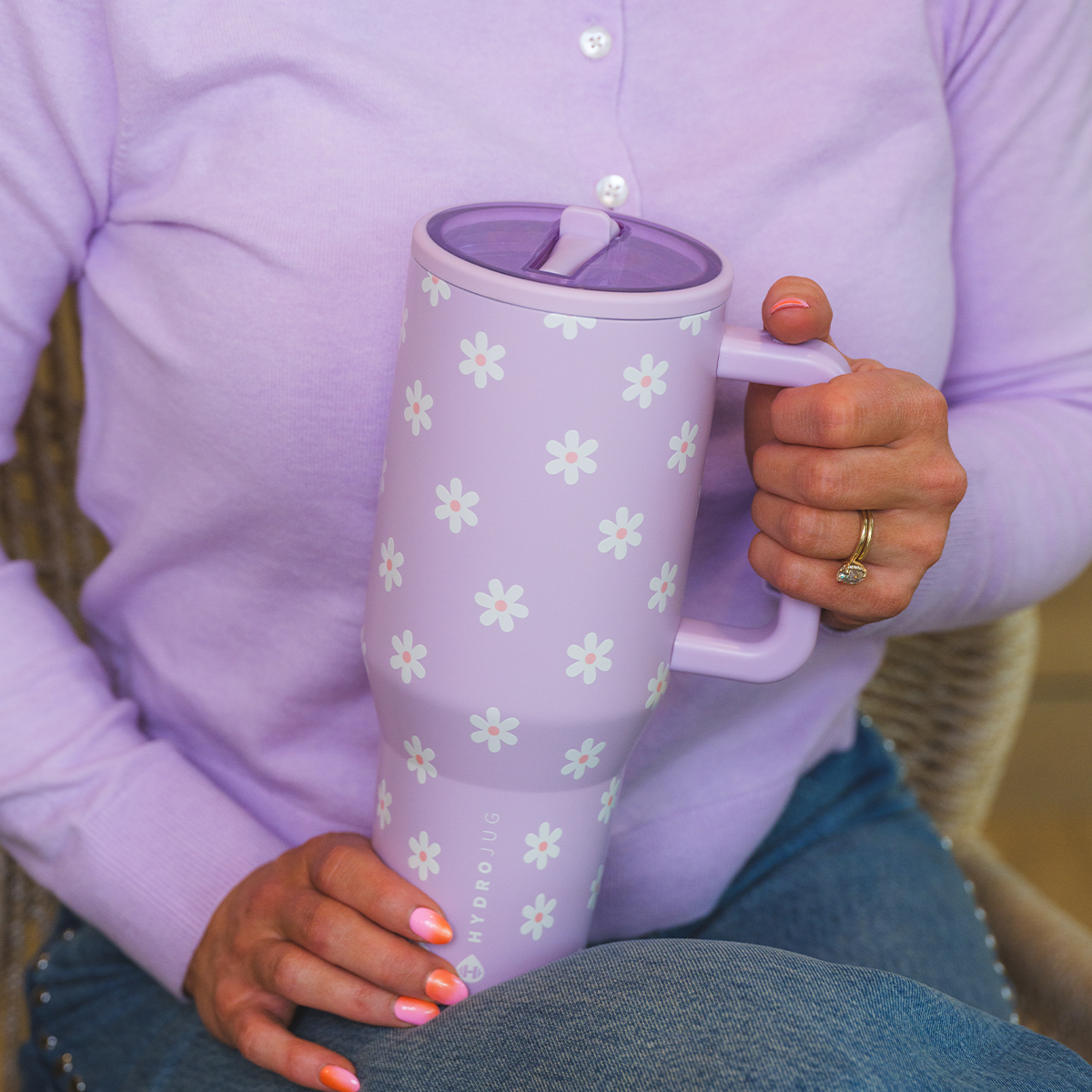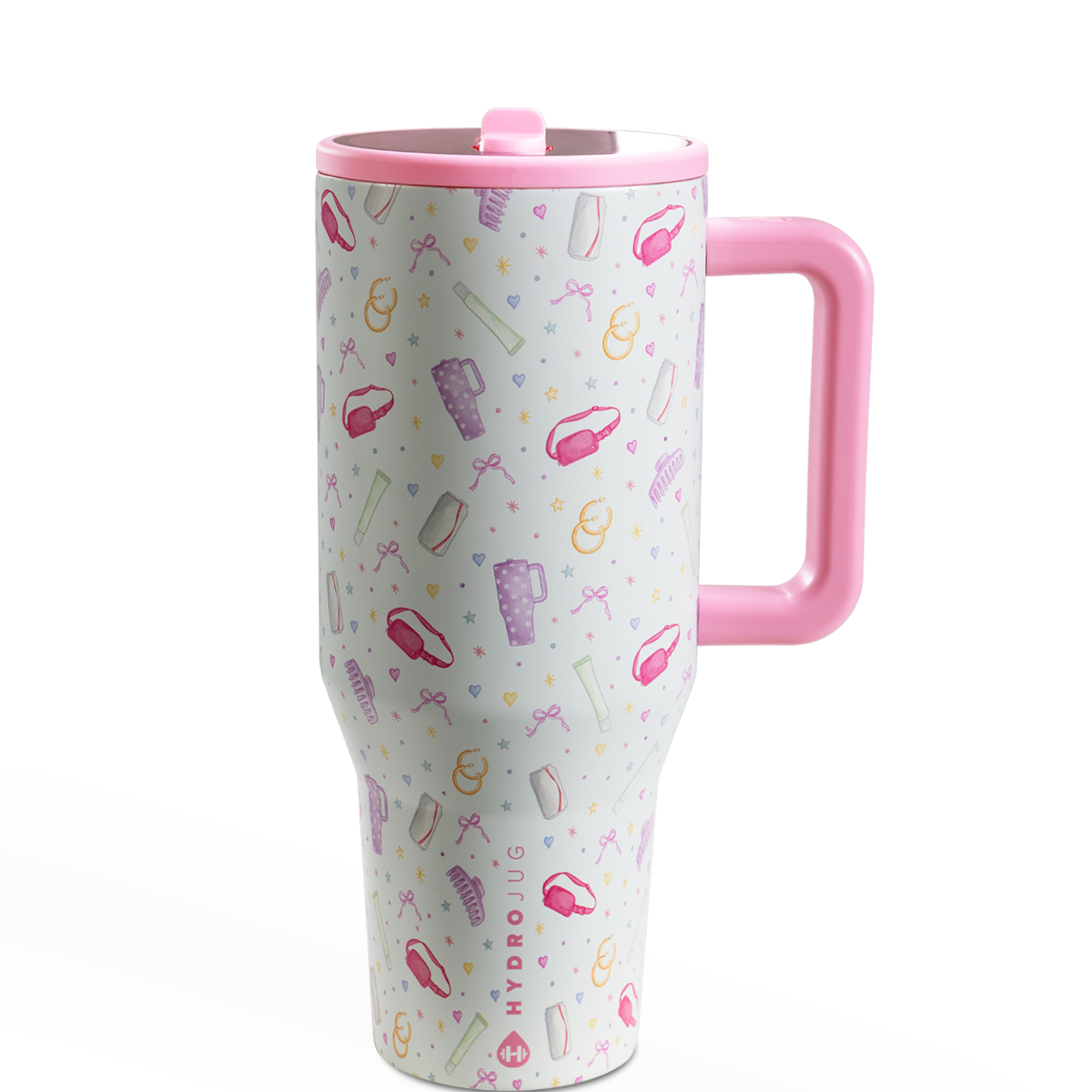
The Science Behind Proper Hydration
Hydration is more than just quenching your thirst – it’s a fundamental part of how your body functions day to day. From regulating temperature to supporting energy levels and digestion, water plays a critical role in nearly every system in your body. In this post, we’ll break down the science behind hydration and why drinking enough water consistently matters for your overall health.
Why Hydration Matters
Water makes up roughly 60% of the human body, and even small drops in hydration levels can affect how you feel and perform. Proper hydration supports several essential bodily functions, including:
-
Temperature Regulation
Water helps regulate your body temperature through sweating and respiration. When you’re overheated, sweat evaporates from your skin, helping cool your body. Staying hydrated allows this cooling system to work efficiently – especially during exercise or hot weather.
-
Nutrient Transport
Water is the primary medium through which nutrients and oxygen travel to your cells. It also helps remove waste products through urine and sweat, supporting your body’s natural balance. -
Joint Lubrication and Cushioning
Water acts as a natural lubricant for joints and helps protect sensitive tissues like your spinal cord. Staying hydrated supports comfortable movement – especially important if you’re active. -
Digestion and Absorption
Water aids digestion by helping break down food and transport nutrients. It also supports regular bowel movements by keeping stool soft and easier to pass.
Signs of Dehydration
Dehydration happens when your body loses more fluids than it takes in. Even mild dehydration can affect energy, focus, and comfort. Common signs include:
-
Thirst and Dry Mouth
Feeling thirsty or noticing a dry, sticky mouth is often an early signal that your body needs more fluids. -
Dark Urine
Urine color is one of the easiest hydration checks. Dark yellow or amber-colored urine usually means you need to drink more water. -
Fatigue and Dizziness
Low hydration levels can make you feel tired, dizzy, or lightheaded – especially during physical activity or long days. -
Dry Skin and Lips
Your skin and lips may feel dry or tight when hydration levels drop. -
Headaches
Dehydration is a common trigger for headaches and migraines.
If dehydration tends to hit you hardest in hot weather or outdoor workouts, read Hydration and Heat: The Challenges of Exercising in Hot Weather for practical ways to stay ahead of sweat loss.
How Much Water Do You Need?
Hydration needs vary based on age, body size, activity level, and climate. General reference guidelines often include:
- Men: about 3.7 liters (13 cups) per day
- Women: about 2.7 liters (9 cups) per day
These totals include fluids from beverages and food – not just plain water.
A simple way some people estimate daily intake is by dividing body weight (in pounds) by two and drinking that number in ounces. For example, if you weigh 150 pounds, you might aim for around 75 ounces per day. This is a starting point, not a strict rule.
Rather than focusing on exact numbers, consistency throughout the day matters most.
If you train regularly, our guide on How Much Water Do You Need at the Gym? breaks down hydration before, during, and after workouts.
Tips for Staying Hydrated
-
Carry a Water Bottle
Keeping water within reach makes hydration automatic. For all-day hydration with fewer refills, a larger bottle like the HydroJug Pro Jug V2 (73oz) helps many people stay consistent without thinking about it. -
Set Reminders
Phone alerts or hydration apps can be useful if you forget to drink during busy days. - Drink Before You’re Thirsty
Thirst is a lagging indicator. Sipping regularly helps prevent falling behind. -
Eat Hydrating Foods
Fruits and vegetables like cucumbers, oranges, and watermelon contribute to overall fluid intake and support hydration naturally. -
Flavor Your Water
If plain water feels boring, adding fruit or herbs can help. For easy, flavor-forward ideas, read the ultimate guide to infused water.
Staying hydrated is a simple yet powerful way to support your health. Understanding how hydration works – and making it easier with the right tools – can help you feel more energized, focused, and comfortable every day. Keep water close, sip consistently, and let hydration support your body the way it’s meant to.
















